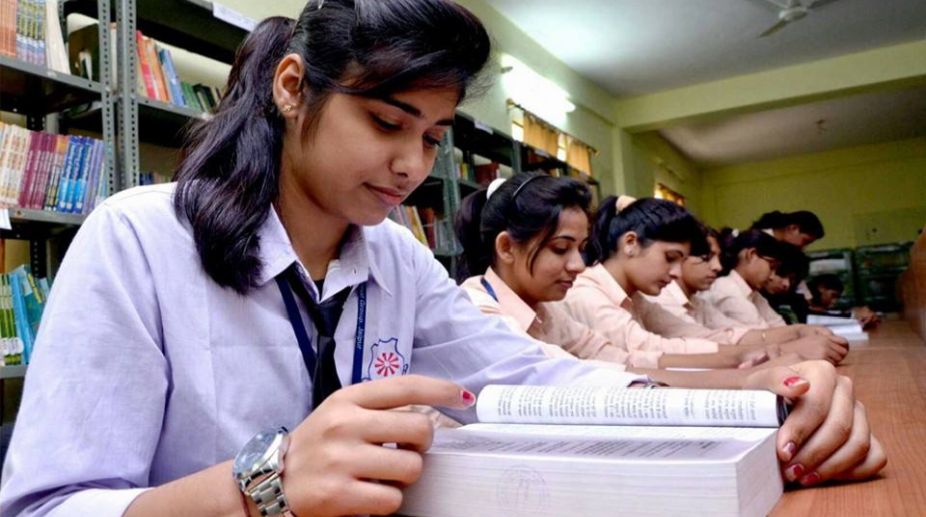A study of women in India who learned to read in their 30s shows the human brain’s incredible capacity to reorganise and transform itself, researchers said recently.
Researchers recruited women in India to see what they could learn about the areas of the brain devoted to reading. At the start of the study, most of the women could not read a word of their mother tongue, Hindi.
Advertisement
But after six months of training, the women reached a level comparable to first grade proficiency.
“This growth of knowledge is remarkable”, said Falk Huettig from the Max Planck Institute for Psycholinguistics, lead author of the study in the journal, Science Advances.
“While it is quite difficult for us to learn a new language, it appears to be much easier for us to learn to read. The adult brain proves to be astonishingly flexible.”
Specifically, researchers found that the exterior of the brain — known as the cortex, which is able to adapt quickly to new challenges — was not the main area where transformation occurred.
Instead, researchers found that reorganisation took place deep inside the brain, particularly in the brainstem and thalamus, a walnut-sized structure that relays sensory and motor information. Researchers found that the more signals aligned in the affected brain regions, the better the women’s reading skills became.
The finding could also have implications for the treatment of dyslexia, which some researchers have blamed on a malfunctioning thalamus. Co-authors on the study came from the Centre of Bio-Medical Research, Lucknow and the University of Hyderabad.
The jakarta post/ann











